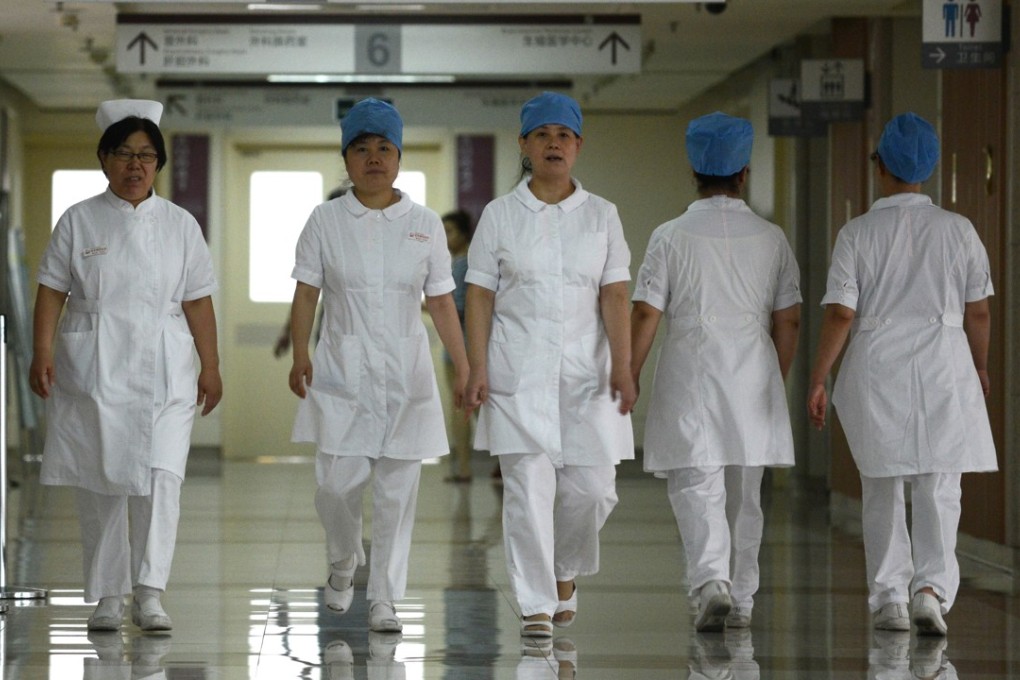China’s investment in ‘human capital’ jumps as US falls behind
Global study ranks countries according to the number of years an average citizen can be expected to work at peak productivity

China’s investment in health care and education has gone up significantly since 1990, a new study ranking the “human capital” of nations around the world has found.
The United States, meanwhile, has seen a sharp decline in its ranking since then, according to the report published in medical journal The Lancet on Monday.
Commissioned by the World Bank, it is the first scientific study ranking countries by their levels of human capital – defined as the number of years a person can be expected to work at peak productivity.
China now ranks 44th in the world, moving up 25 places, while the US fell 20 places to 26th.
In 1990, an average Chinese aged between 20 and 60 was expected to contribute seven years of work at peak productivity. By 2016, that figure had risen to 20 years, the study found.
In comparison, it was 22 years for an average American in 1990, and by 2016 the number had edged up to 23 years.